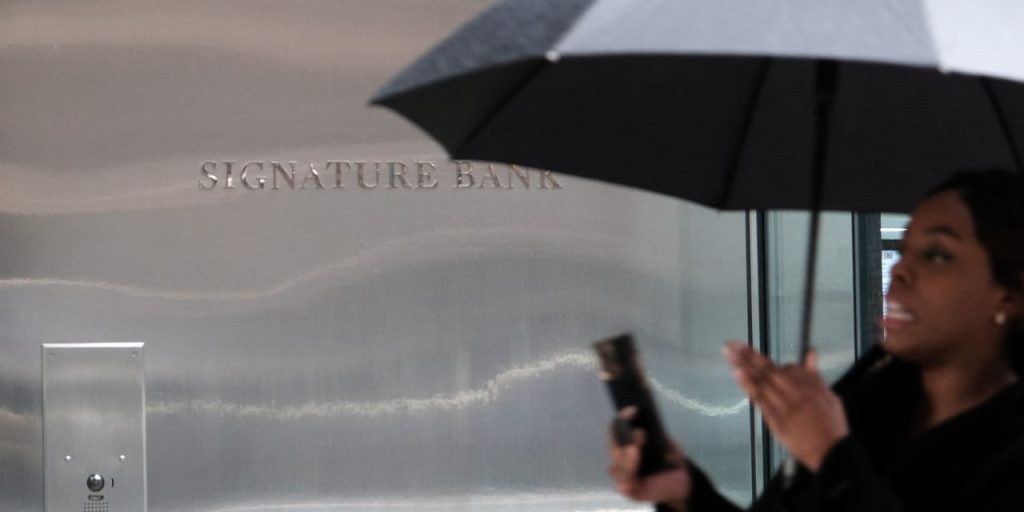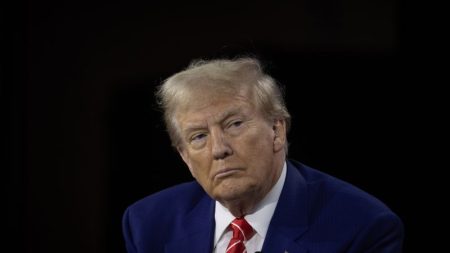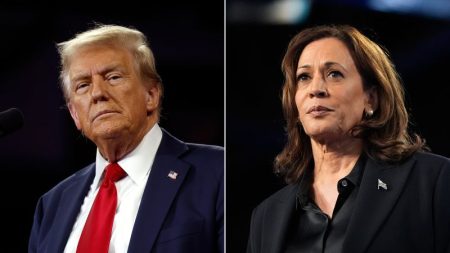““Credit collapse, although terrible, is not as terrible as hyperinflation in terms of destruction wrought upon societies.””
That’s hedge-fund billionaire Paul Singer of Elliott Management, on why he thinks a deep recession and credit collapse will be necessary to purge financial markets of excesses created by more than a decade of easy-money policies.
“I think that this is an extraordinarily dangerous and confusing period,” Singer told The Wall Street Journal, in a recent interview, warning that trouble in markets may only be getting started a year into the Federal Reserve’s rate hikes.
“Credit collapse, although terrible, is not as terrible as hyperinflation in terms of destruction wrought upon societies,” he said. “Capitalism, which is economic freedom, can survive a credit crisis. We don’t think it can survive hyperinflation.”
Singer, called a “doomsday investor” by the New Yorker, including for his epic battle with Argentina over its defaulted debt, in’t a fan of sweeping banking regulations from the Dodd-Frank Act of 2010, or prolonged market interventions by global central banks in the wake of the 2008 global financial crisis, or cryptocurrencies.
He called crypto, “completely lacking in any value,” in his WSJ interview. He also said: “There are thousands of cryptocurrencies. That’s why they’re worth zero. Anybody can make one. All they are is nothing with a marketing pitch—literally nothing.”
Bitcoin
BTCUSD,
was edging closer to the $30,000 mark on Monday, but still off its roughly $67,000 record price in November 2021, according to CoinDesk.
Singer worries the Fed and other central banks will respond to the next downturn by picking up their recent playbook of slashing interest rates, and potentially resuming large-scale asset purchases.
To bolster his point, Singer called the regulatory response to the collapse of Silicon Valley Bank and Signature Bank, including the guaranteeing of all deposits from the two lenders akin to “wrapping all market movements in security blankets.”
“I know these guys got fired, but all concepts of risk management are based around the possibilities of loss,” he said. “Take it away, it’s going to have consequences.”
With that backdrop, Singer said there may be only a few places for investors to ride out the storm that he sees brewing.
“At such times, some consider the safest bet to be relatively short-term U.S. government debt,” Singer said, adding that “such debt pays a decent return with virtually no chance of a negative outcome.”
Singer also said having some gold
GC00,
in portfolios may makes sense.
The 2-year Treasury rate
TMUBMUSD02Y,
was around 4% on Monday, while the 10-year yield
TMUBMUSD10Y,
was at 3.24%, according to FactSet. Stocks were trading between small gains and losses, with the S&P 500 index
SPX,
about 0.1% higher, at last check.
Read the full article here
















